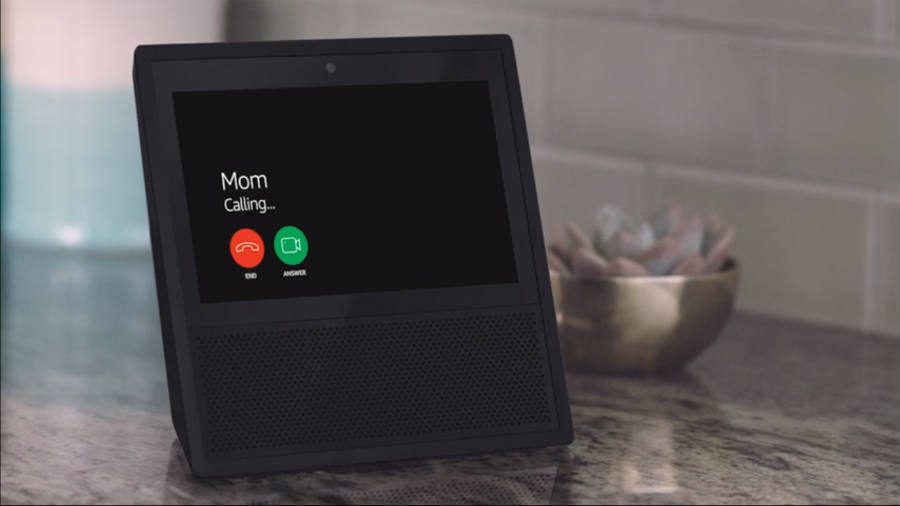The feud between Amazon and Google continues, and Tuesday came along with the latest development in the battle to keep each other in check. Google issued a statement to the media saying they would block YouTube on the Amazon Echo Show and Amazon Fire TV effective January 1, 2018.
The move comes as payback to the e-commerce giant for pushing away competing products, including Google’s own Chromecast and Apple’s Apple TV streaming sets. The brawl has been particularly heated between Amazon and Mountain View, where they feel
In the Google vs. Amazon fight, consumers lose the most
Amazon and Google’s competitive feud has been heating up for years now. It all started back when the online retail giant started making their Fire tablet lineup with a heavily modified version of Android which requires even their own unique applications.
Then, in 2015, the company led by Jeff Bezos took a direct hit at Google’s best-selling product at the time, the Chromecast streaming box, and pulled it off their digital shelves. The move, of course, was intended as a push for their own device, the Amazon Fire TV.
Later on, the exclusion became more blatant, as Amazon never supported sales of products like the Google Home, which is a direct competitor to the massive hit that is the Amazon Echo in all of its variations.
With this new threat on the horizon, Amazon Echo and Fire tablet sales will decrease, as will the significant viewership share that comes from people streaming video on these devices. Nevertheless, consumers lose more in the end by having their options reduced as a result of a petty feud between two of the biggest tech companies in the world.
Tech giants unite for net neutrality but not for fair competition
One of the main arguments in favor of rolling back net neutrality rules is that it will create a more competitive environment for service providers to innovate and offer unique options to consumers across the industry. Tech companies will undoubtedly be affected by this, and oppose it as a result.
ISPs introducing fast lanes for sites or bundled content packages for an extra premium are some of the practices that giants fear will affect their business. However, some consumers have noted that this is pretty much what both Amazon and Google are doing by taking their fight to the next level.
Amazon refusing to sell Google products effectively favors only their own by being the sole option in the “fast lane” that also happens to be one of the most significant digital marketplaces in the world. Google, in turn, is reserving the right to give YouTube access to an entire consumer base in retaliation for these actions.
Source: Variety


